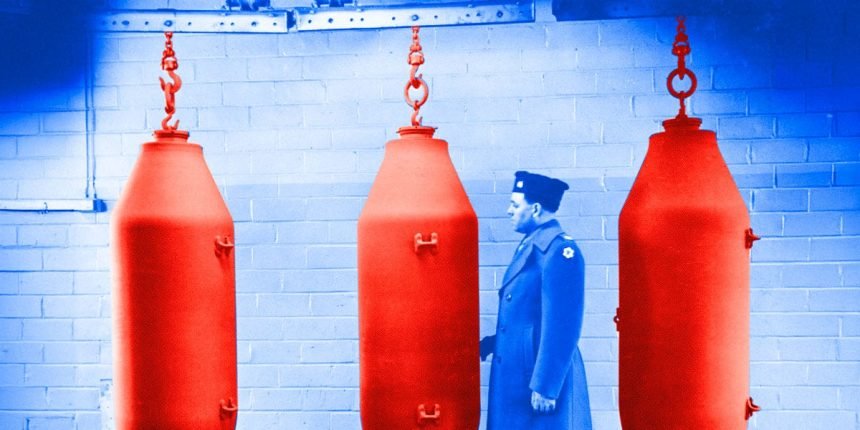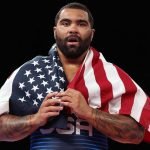This coming July, America is turning 250. And we’re throwing a party, a yearlong celebration of the greatest country on Earth.
For the next 12 months, we’re going to toast to our freedoms. And we’re doing it the Free Press way: by delving into all of it—the bad and the good and the great; the strange and the wonderful and the wild.
This month, we’re focused on the technological revolution, one of the constants of American life for 250 years, from John Fitch and Robert Fulton to Elon Musk and Jensen Huang. Expect essays on everything from technological serfdom to the humble shipping container, as well as a transcript of our live event with Anduril’s Palmer Luckey. And don’t forget to vote here for what you think is the most influential American invention of all time
To kick things off, we’re proud to present our great friend Katherine Boyle writing about how America—and especially American tech companies—came to dominate the world.
In the Silicon Valley of today, the tech industry is faced with an uncomfortable truth: that before there was the transistor, there was the fighter jet. That without the Pentagon’s involvement in the tech boom, Palo Alto would still be a sleepy university town rather than a world-famous innovation hub. Americans’ love affair with technology stems from our right to use it, and this prerogative to do so goes back to the Second Amendment and our right to bear arms. “The First Amendment is what we stand for,” writes Boyle. “The Second is how we enforce it.”
—The Editors
One of the greatest Saturday Night Live skits in recent memory begins in Philadelphia in 1789. A fife plays as James Madison announces the First Amendment, the cornerstone of our republic: “Congress shall make no law respecting an establishment of religion, of abridging the freedom of speech, or of the press, or of the right of the people peaceably to assemble. . . . Well done, gentlemen! The First Amendment!”
The Framers applaud, and the highfalutin music stops.
“Now what shall we discuss next? What is the second most important principle of our nation?”
It’s here that an unknown guy named “Matt” appears and says the word we all know is coming: “Guns.”
The audience laughs.
“Excuse me?” Madison says.
Matt, played by the delightfully Southern Walton Goggins, lowers his sunglasses and repeats himself slowly, this time with an even more pronounced drawl:
“Guunnnnnsss.” The audience laughs even louder.
“It’s ridiculous,” Madison retorts. “What will posterity say of us if the second right we enshrine in this document is simply ‘Guns’?”
Matt responds: “That we don’t play.”
The audience reaction highlights one of the most uncomfortable parts of the founding of our republic: that the shocking dichotomy of the First and Second Amendments is actually very funny. The rights to freedom of speech, religion, and peaceful protest are the cornerstones of the American republic, enshrined so deeply in our revolutionary ethos that every elementary school student knows what they mean. These are the virtues that make America, well, America, the named and sacred freedoms for which men have fought and died for generations.











